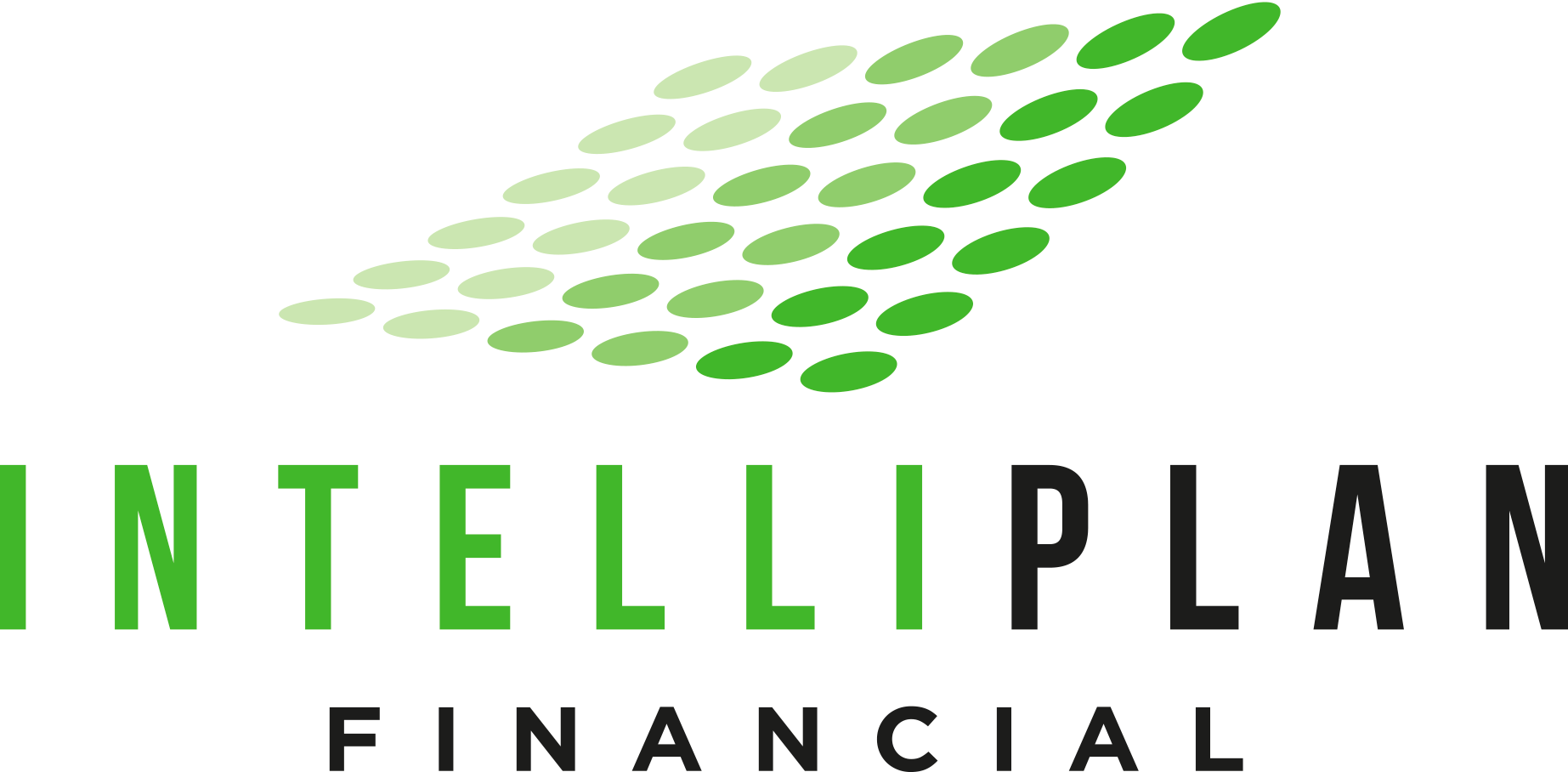Is retirement right around the bend? If so, you may be exploring your options with your retirement assets. Your 401(k) will most likely be among the largest of those assets. For nearly your entire adult life, your 401(k) has served as an accumulation vehicle. After you retire, you may need for it to become a distribution vehicle, and that may require a change in thinking and strategy.
Retirement can last decades for some people, so it’s important to manage your 401(k) to last for the long run. The decisions you make with it can have big implications on how long the funds will last. Below are four options you may want to consider after you retire:
Cash it out.
You can decide simply to take your 401(k) funds in one lump-sum distribution. The one advantage with this is you’ll have a big chunk of change to use however you wish. It’s understandable that the idea of having a large sum of cash is appealing.
However, taking a lump sum comes with a few drawbacks. One is that the distribution is fully taxable. If the distribution is sizable, it could bump you into a higher tax bracket, significantly driving up your liability for that year. On top of that, if you’re under 59½ years of age, you will likely face an early distribution penalty.
Finally, a lump-sum distribution eliminates any future tax-deferred growth in your 401(k) account. You’ll need continued growth throughout your retirement, as you may need the funds to last for decades. That tax-deferred growth could play an important role in funding a long and fulfilling retirement.
Leave it in the employer 401(k) plan.
There’s nothing that says you have to do anything with your 401(k) once you retire. You could simply keep the funds in the plan if that’s what you want to do. This has the advantage of being simple and straightforward.
You know how the plan works, and leaving your funds in your employer plan may make you feel more comfortable. You also might like the investment options your plan offers, and you may want to stick with them. Staying with your employer 401(k) plan also lets you avoid taxable distributions and early distribution penalties.
However, there can be some downsides to leaving your funds in your employer 401(k) plan. For instance, if you have other IRAs and investment accounts, it might be difficult to manage all of your assets under one cohesive strategy. It can quickly get confusing trying to manage several different accounts.
You may also have limited investment options with your current employer plan. Many IRAs offer the opportunity to invest in a number of different types of assets. Additionally, hanging on to your 401(k) will create one more account your beneficiaries will have to track down after you pass away. If you have lots of different accounts, there’s a chance they could miss your 401(k) altogether.
Roll it into an IRA.
Finally, you have the option of rolling your 401(k) balance into an IRA. In a rollover, you simply take the funds from your 401(k) and deposit them into an IRA. The transaction is usually handled by the account administrators, so the money never actually touches your hands.
The rollover process is appealing because it allows you to get the funds out of the 401(k) without facing taxes or penalties. Also, an IRA offers tax-deferred growth, so you can continue growing your assets in a tax-advantaged manner. An IRA may also offer a wider range of investment options than your employer’s 401(k), allowing you to implement a strategy that’s aligned with your goals.
Roll it into an Annuity.
An annuity is a tailored insurance product that’s offered by life insurance companies. It has many of the same tax advantages of a 401(k) or traditional IRA. Your money grows tax-deferred and you can take penalty-free withdrawals after age 59 1/2.
Annuities have other benefits you won’t find in a 401(k) or an IRA such as:
Lifetime income. Annuities generate streams of income you can’t outlive. Immediate annuities convert your savings into an immediate income stream that can last a lifetime and are guaranteed by a life insurance company. A fixed deferred annuity allows your premium the opportunity for growth prior to the guaranteed income stream beginning.
Guarantee of principle. With fixed annuities, you are guaranteed to get back you initial premium amount. Fixed annuities offer no downside market risk and pay a fixed interest rate every year.
Death benefit. 401(k) plans and IRAs allow you to pass on your account balance to your beneficiaries. Fixed annuities may have additional death benefits. Some offer protection on your money from losses ties to market downfalls and guarantee your beneficiaries will not receive less than your original account balance. Other annuities offer bonuses to enhance the value of the death benefit.
Searching for a retirement planning strategy to fit your needs? Let’s start the conversation. Give us a call at Intelliplan Financial and discuss your goals with a financial planning professional today.
This information is designed to provide a general overview with regard to the subject matter covered and is not state specific. The authors, publisher and host are not providing legal, accounting or specific advice for your situation. By providing your information, you give consent to be contacted about the possible sale of an insurance or annuity product. This information has been provided by a Licensed Insurance Professional and does not necessarily represent the views of the presenting insurance professional. The statements and opinions expressed are those of the author and are subject to change at any time. All information is believed to be from reliable sources; however, presenting insurance professional makes no representation as to its completeness or accuracy. This material has been prepared for informational and educational purposes only. It is not intended to provide, and should not be relied upon for, accounting, legal, tax or investment advice.
Financial Planning and Advisory Services are offered through Prosperity Capital Advisors (“PCA”), an SEC registered investment adviser. Registration as an investment adviser does not imply a certain level of skill or training. Intelliplan Financial and PCA are separate, non-affiliated entities. PCA does not provide tax or legal advice.







